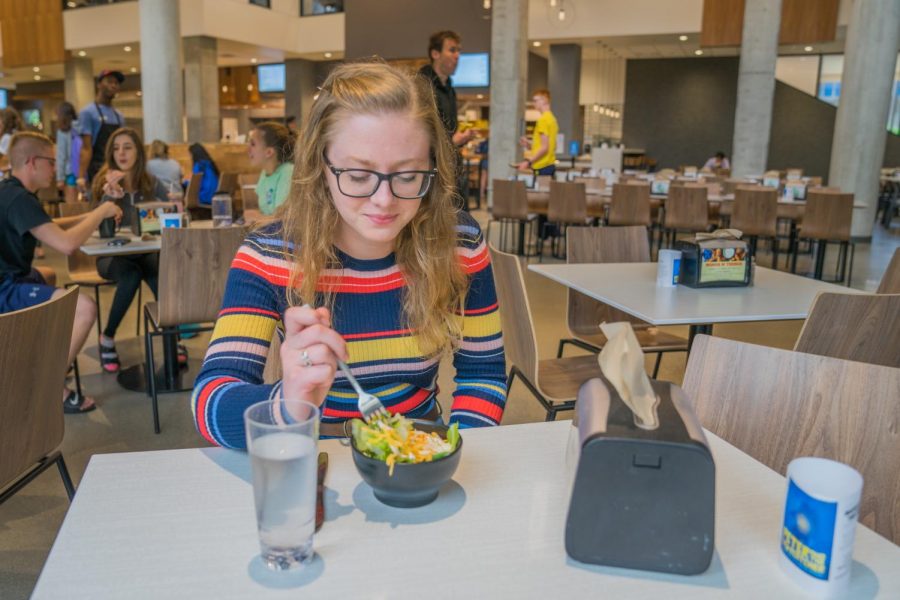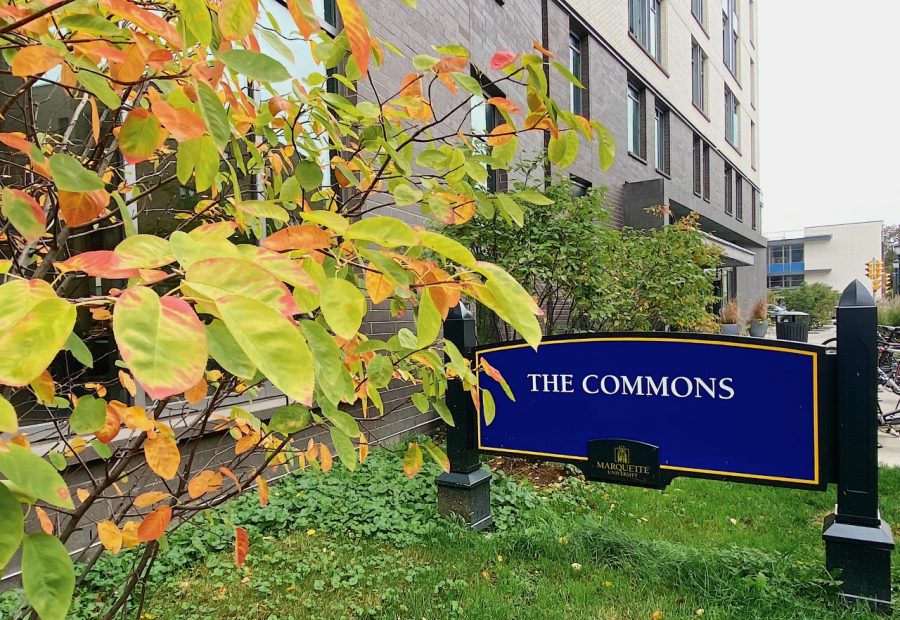Earlier this summer, Marquette University announced it would reduce The Commons’ 24/7 dining hall hours at the beginning of the 2019 fall semester.
Both incoming and returning students met this news with backlash, forming this opinion, however, without considering the positive impact this decision would bring to campus.
With fewer students coming in at night than day, the university, employees and students are all benefiting from saved time, energy and money.
This new schedule relieves dining hall employees from having to work “graveyard shifts,” which would have them on their feet late at night. Working late hours increases the risk for certain cancers, obesity and heart disease, according to the Sleep Foundation. Employees who work late hours also have higher risks of mental health conditions, such as depression. Not working these late hours allows workers to develop healthy habits.
Eating past midnight is also terrible for one’s health. A 2017 Penn Medicine study found that eating at irregular times, especially at night, can negatively alter your metabolism and circadian rhythms. This can cause increases in weight and cholesterol levels as well as irregularities in sleep patterns.
Eliminating the late night serving times in The Commons not only improves human health, but it improves Marquette’s environmental and financial footprint. By spending less money on non-environmentally friendly essentials, such as large amounts of wasted energy and food waste, the university is able to put saved money and resources toward other projects and needs.
The new academic year also brings longer hours for other dining halls around campus. Straz Tower’s dining hall will now be open until 7:00 p.m., a half hour longer than last semester. Schroeder Hall will also open their doors at 7:15 a.m.
Students also have additional meal swipes at the Annex and free Innovation Kitchen events in the Alumni Memorial Union. Expanding the capabilities of other dining halls encourages students to venture outside their comfort zones by eating meals at other locations.
Not only will the reduced dining hall hours in The Commons push students to try other dining options, but it will prevent them from being subject to safety risks.
With about 11,600 underclassmen at Marquette, and fewer than 900 of them living in The Commons, many students have to leave their residence halls to eat. While it is somewhat safe to walk around at night, students should not be walking around campus just to get food.
Despite the benefits of the dining hall’s hour change, it is fair to say incoming freshmen have a right to be frustrated. To their knowledge, they had access to a new 24-hour dining hall, and for some, this may have been the determining factor in choosing to live in The Commons over other residence halls. The university announced The Commons’ new dining hall hours in the middle of the summer, months after students chose their housing assignments for the 2019-’20 school year.
While the university’s decision is overall beneficial to dining hall employees and students, the university should have informed the the Class of 2023 and other students living in The Commons about the potential change prior to housing applications.
The Commons’ dining hall is altogether a remarkable facility that helps Marquette stand out among other universities. With the implementation of these new hours, the proper upkeep and facilitation will ensure exceptional long-term service.








